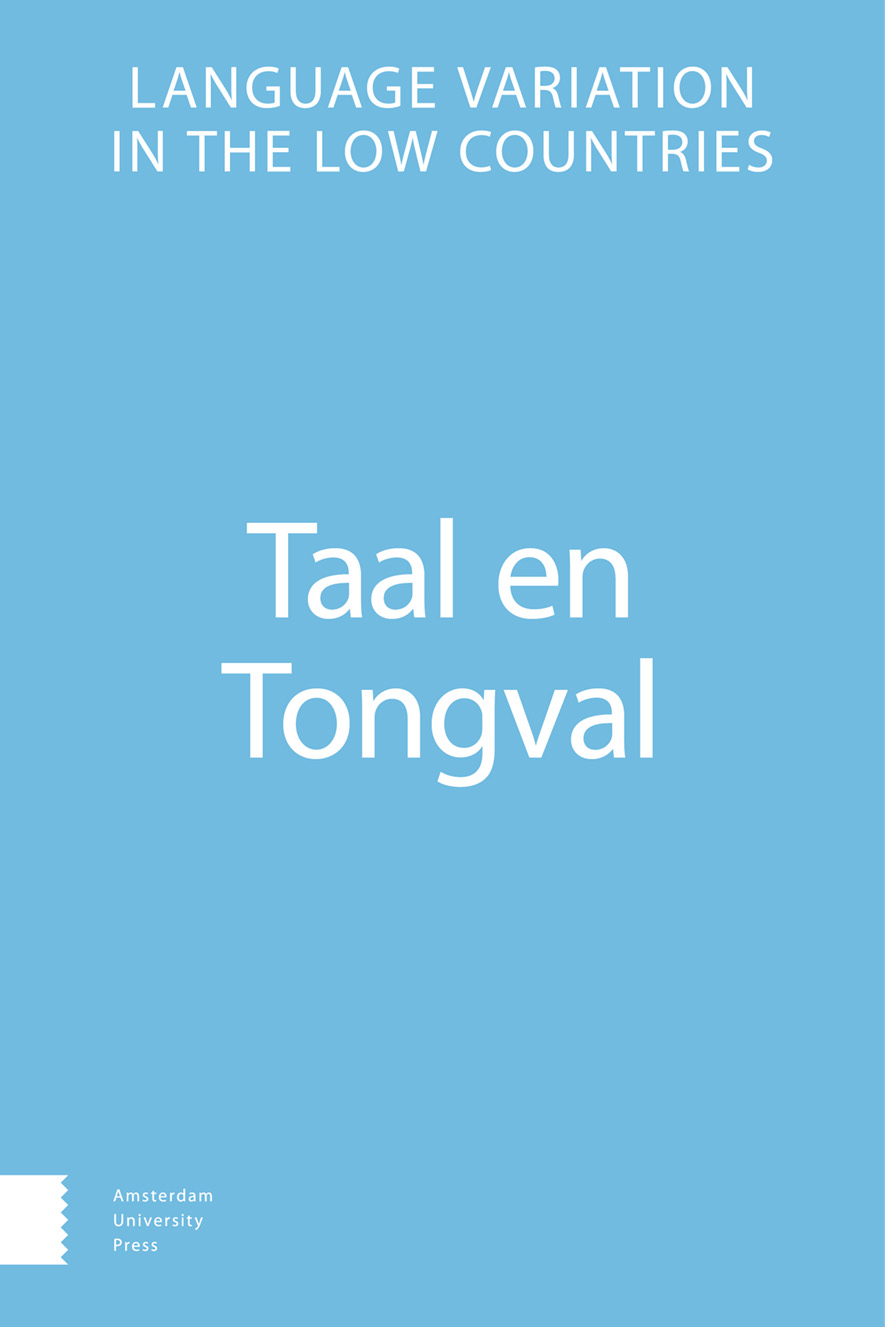-
oa The use of English in Dutch text messages as a function of communicative constraints
- Amsterdam University Press
- Source: Taal en Tongval, Volume 69, Issue 1, Sep 2017, p. 71 - 87
Abstract
The influence of English on other languages such as Dutch is still growing. But how does this influence show up in actual day to day verbal behavior? A promising domain to study this issue is texting by young adults. How often and in what ways do they use English in their digital messages? Are there context factors at work that make them rely less or more on English? In an experimental study the influence of two pragmatic factors has been assessed: social distance and subjective costs. How familiar is the sender with the receiver, and how intrusive is the message? In response to four sketches of a communicative situation, 38 young adults composed in all 148 text messages. Both pragmatic factors proved to be effective. English words and phrases were used most often in communicating with peers for a ‘light’ reason. When addressing more senior receivers with a rather intrusive message, English was used far less. In the undemanding situation English features outnumbered the Dutch ones; in the more demanding situation this pattern was reversed, now the Dutch features were the more frequent ones. The use of English showed a positional effect as well: it occurred for the most part at the beginning and ending of the message, leaving the core content almost untouched. Each of these effects shows that texters take into account several pragmatic considerations. If English is becoming an integral part of Dutch text messages, it seems to do so in a deliberate way.


